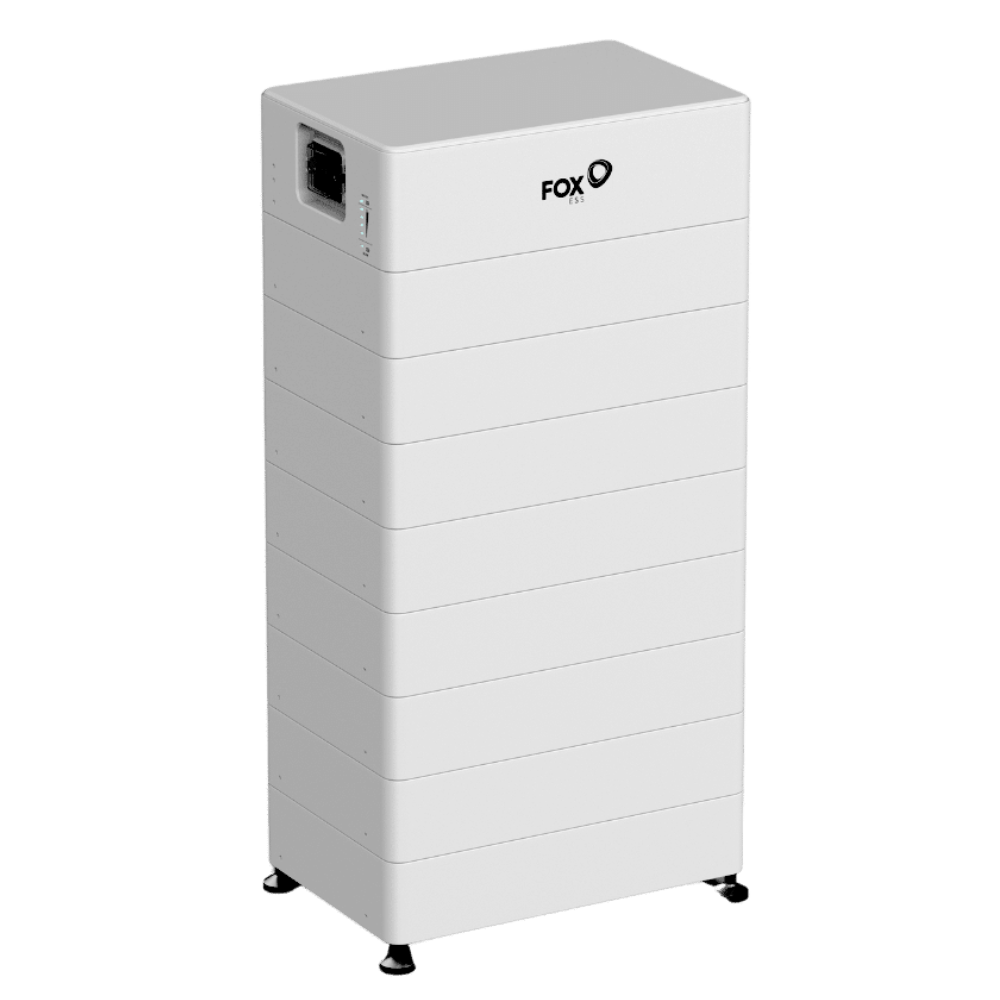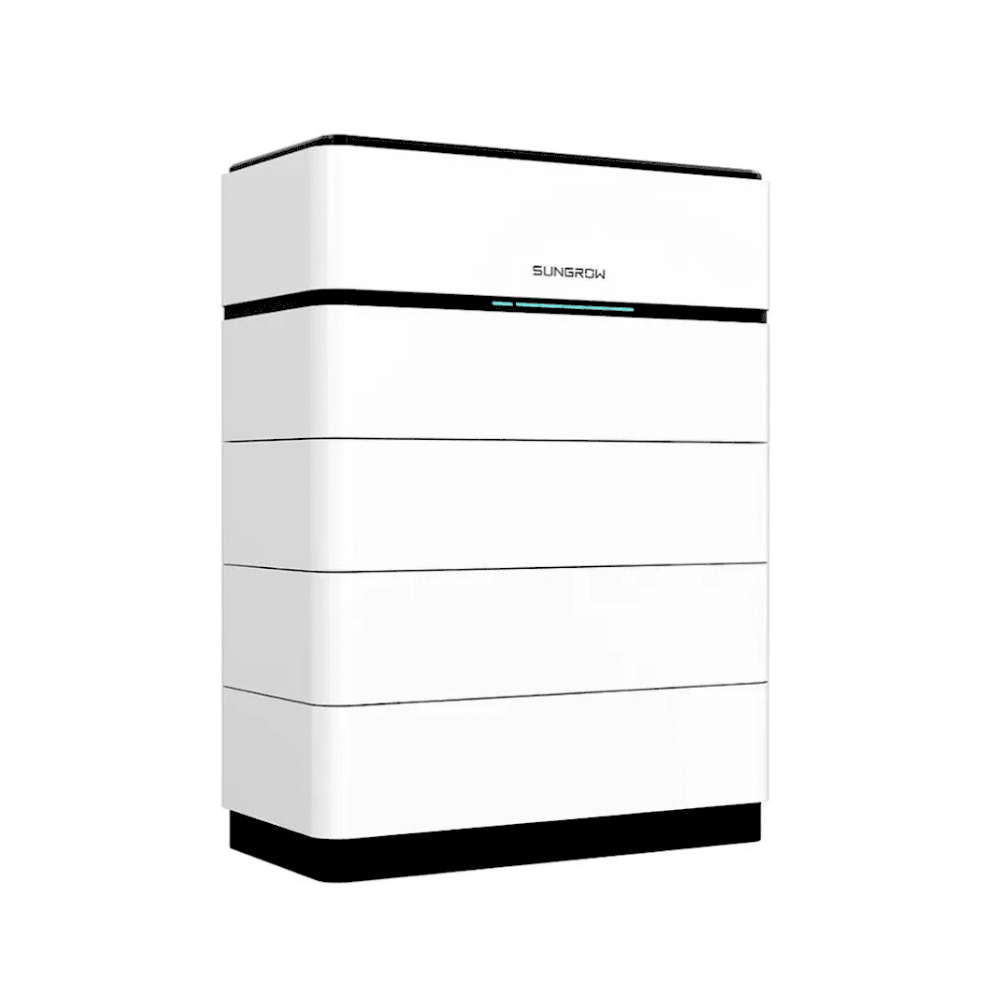Table of Contents
Introduction

As solar energy adoption grows, more homeowners are considering solar battery storage to maximize their energy independence. Solar batteries store excess electricity generated by solar panels, allowing you to use that power at night or during outages. With the rising demand for energy independence, more Australians are wondering if solar batteries are worth the cost. In this guide, we’ll break down solar battery prices in Australia, available government rebates, and how to calculate the solar battery payback time for your home.This guide will explore:
- The true cost of solar batteries
- Key factors affecting pricing
- Long-term savings and payback periods
- Pros and cons of different battery types
- Real-world case studies
- Alternative solutions
- Expert recommendations
By the end, you’ll have all the information needed to decide whether a solar battery is a smart investment for your home.
Solar Battery Cost in Australia (2025): Are They Worth It?
Solar Battery cost: are they worth it? This question is crucial for homeowners looking to invest in solar energy solutions.
As of 2025, the average solar battery cost in Australia ranges between $6,000 and $14,000, depending on brand, capacity, and installation requirements. A home solar battery system integrated with rooftop panels offers both energy savings and greater energy security.
Solar battery cost vary based on capacity, brand, and installation. Here’s a general breakdown:
Battery Type | Solar Battery Cost per kWh | Total Installed |
|---|---|---|
Lead-Acid (Cheaper) | $200 – $400 | $5000 – $10000 |
Lithium-Ion (Most Common) | S500 – $1000 | $8000 – $15000 |
Flow Batteries (Premium) | $1000 – $2500 | $15000 – $30000+ |
Note: Solar battery cost vary by location, installer, and incentives.
What Influences Battery Cost?
Several factors determine the solar battery cost
Upfront Cost
When considering solar battery cost, it’s important to evaluate their true value for your energy needs. Understanding solar battery costs: are they worth it in the long run?
| Component | Estimated Cost (AUD) | Rebates & Incentives |
|---|---|---|
| 10kWh Solar Battery (Tesla Powerwall 2, LG Chem, etc.) | $10,000 – $14,000 | NSW Battery Scheme |
| Installation Panels & Inverter (if needed) | $2,000 – $4,000 | Federal STC Rebates |
| Total Installed Cost | $12,000 – $18,000 | – |
Note: Solar battery cost varies by installer, battery brand, and existing solar setup.
Yearly Saving Estimate

A 32kWh battery typically stores enough to cover evening & nighttime usage (15-30kWh/day). In this section, we will explore solar battery cost and investigate if they are worth it for residential applications.
Many factors influence whether solar battery cost is justified.
Savings Breakdown:
- Reduced Consumption
Without battery: Buy power at $0.35/kWh at night.
With battery: Use stored solar, saving $0.35/kWh.
Daily Savings: 30kWh × 0.35 = 10.5/day
Yearly Savings:
$3000 − $4,000 - Avoided Peak Pricing (if on Time-of-Use Tariff)
Peak rates:
0.50 – .60/kWh (4pm – 9pm) - Minimal Feed-in Tariff Loss
Without battery: Excess solar earns $0.07/kWh (low FiT).
With battery: Less exported, but savings from self-use outweigh this.
Total Estimated Yearly Savings: 1,100−1,500
Payback Period Calculation
Australian states such as Victoria and South Australia currently offer solar battery rebates of up to $4,174. These government incentives help reduce your solar battery installation cost, improving ROI significantly.
Scenario | Battery Cost | Yearly Savings | Payback Period |
|---|---|---|---|
Lower Cost ($8k) | $8000 | $3000 | 2.5 years |
Higher Cost ($14k) | $14,000 | $4000 | 3.5 years |
Factors That Shorten Payback:
When assessing solar battery cost, you may ask: are they worth it for your long-term energy strategy?
Factors That Lengthen Payback:
Ultimately, the decision regarding solar battery system cost are they worth it lies in your unique circumstances.
Check your eligibility for local solar battery rebate programs — our team can guide you through every step
Is It Worth It in Sydney?


Frequently Asked Questions
What does a solar battery do?
It stores excess solar energy generated during the day, so you can use it at night or during grid outages. This reduces your reliance on the grid and helps lower electricity bills
Can I add a solar battery to an existing solar system?
Yes—this is called a retrofit. Most systems can be upgraded, but compatibility depends on your inverter, switchboard layout, and whether your home uses single or three-phase power.
How do I choose the right battery size?
Start with your electricity bill. Look at your average daily usage and peak consumption times. If you use more power in the evening, a larger battery may be ideal. Most homes benefit from 5–10kWh systems.
Will my battery work during a blackout?
Only if your system includes backup functionality. Not all batteries support this by default—check with your installer if blackout protection is essential.
Are solar batteries safe?
Yes. Modern batteries use lithium iron phosphate (LiFePO₄) chemistry, which is known for thermal stability and long cycle life. Installations must comply with AS/NZS 5139:2019 standards.
How long do solar batteries last?
All our batteries comes with 10 year warranties and last for 6,000–10,000 charge cycles. Performance depends on usage patterns and depth of discharge.
What is Depth of Discharge (DoD)?
DoD measures how much of the battery’s capacity is used. For example, using 9kWh from a 10kWh battery equals 90% DoD. Staying below 90% helps extend battery life.
How much does a solar battery cost?
Prices range from $5,000 to $15,000 installed, depending on:
1. Capacity (kWh)
2. Brand and chemistry
3. Backup capability
4. Installation complexity
5. Financing options are available to spread the cost.
What are the best solar batteries in 2025?
The top solar batteries of 2025 in Australia include the Enphase IQ Battery 5P, Alpha ESS, FoxEss, Dyness, Anker Solix, Sungrow, and Tesla Powerwall 3 — each offering strong performance, safety, and long-term value.

